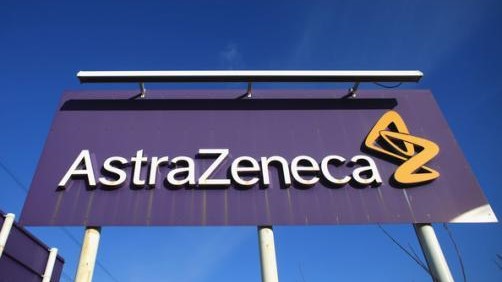AZ sells rights to RSV virus drug to Sobi for $1.5bn

AstraZeneca has agreed to sell the rights to its drug Synagis (palivizumab) to Swedish Orphan Biovitrum (Sobi) for an upfront $1.5 billion in cash and shares, plus certain conditional payments.
Synagis treats serious lower respiratory tract infection (LRTI) caused by respiratory syncytial virus (RSV) in infants and young children at high risk of the disease. It is the only medicine approved to prevent serious RSV disease.
Also, Sobi will now be able to take part in AstraZeneca’s share of profits and losses allied to MEDI8897, which is in development to prevent LRTI caused by RSV in all infants entering their first RSV season and children with chronic lung disease or congenital heart disease entering their first and second RSV season.
AstraZeneca’s CEO Pascal Soriot said: “We continue to streamline our portfolio, allowing AstraZeneca to allocate resources more effectively, while Sobi’s focus on Synagis will enable infants in the US to continue benefiting from this important treatment.
“Meanwhile, the successful development and commercialisation of MEDI8897 remains important for AstraZeneca.”
AstraZeneca will continue to develop MEDI8897 in collaboration with Sanofi Pasteur, the vaccines division of Sanofi.
Around 130 AstraZeneca employees will be transferred to Sobi as part of the transaction.
Sobi president and CEO Guido Oelkers said: “I am excited about adding Synagis to our portfolio as it remains the only product preventing RSV infection in this vulnerable patient group with a great medical need.
“The addition of Synagis will become an important catalyst for Sobi’s future development and will form a powerful platform for growth in rare diseases.”
Sobi will commercialise Synagis in the US and AbbVie will continue to distribute Synagis outside the US, which will not be impacted by the proposed transaction with Sobi.
Last week, AstraZeneca announced that it was back on track for long-term growth despite several patents expiring on some of its biggest sellers.
Product sales were up by 9% in constant currencies to around $5.3 billion, according to the company’s third-quarter results.
However, the firm’s reported operating profit was down 21% in constant currency terms to $851 million.
Soriot said he expects profits to start to rise as the company becomes less reliant on older drugs, and as new, more profitable drugs gain traction.













